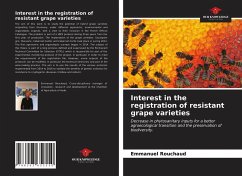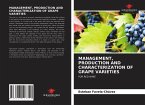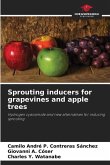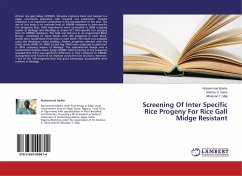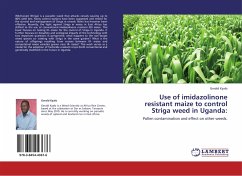The aim of this work is to study the potential of hybrid grape varieties originating from Germany, under different agronomic, environmental and organoleptic aspects, with a view to their inclusion in the French Official Catalogue. The problem is part of a VATE protocol lasting three years from the first year of production. The implantation of the grape varieties: Souvignier gris, Muscaris, Cabernet Cantor and Cabernet Cortis took place in spring 2012. The first agronomic and organoleptic surveys began in 2014. The subject of this thesis is part of a long process defined and supervised by the Permanent Technical Committee for Selection (CTPS), which is responsible for part of the experimental monitoring protocol of the project, in particular in order to meet the requirements of the registration file. However, some aspects of the protocols can be modified, in particular the technical itineraries and part of the wine-making process. The aim is to use the results of the various protocols implemented from 2014 to 2016 to validate the benefits of genetic selection for resistance to cryptogamic diseases (mildew and oidium).

